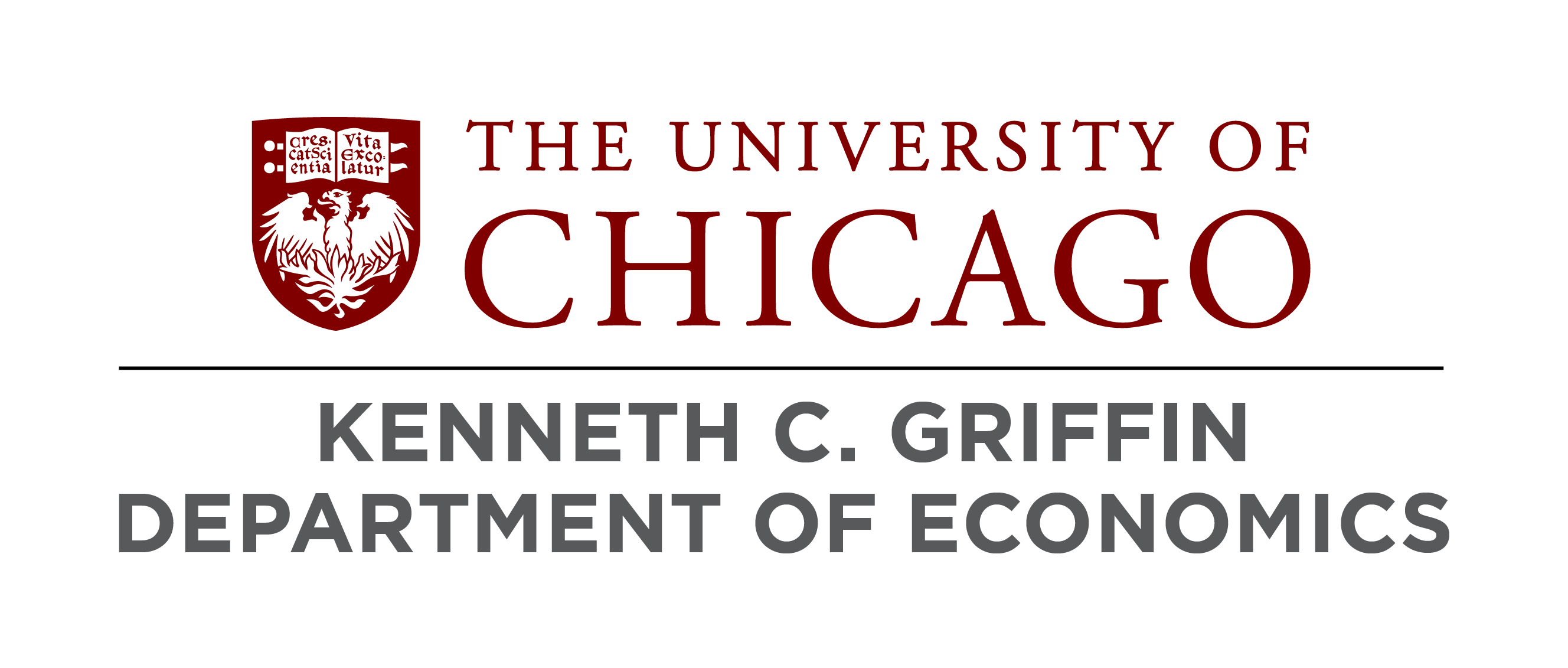
Primary Research Focus: Macroeconomics, Environmental Economics, International Trade
Secondary Research Focus: Monetary Economics, Public Finance, Computational Economics, Macro-Finance
References: Mikhail Golosov (Chair), Esteban Rossi-Hansberg, Lars Hansen, Michael Greenstone
Thomas Bourany's Personal Website
Thomas Bourany's CV
Recent Research / Recent Publications
Abstract
Fighting climate change requires ambitious global policies, which are undermined by free-riding incentives. The heterogeneity in both the impacts of climate change and the costs of carbon taxation exacerbate non-cooperation, which makes the implementation of multilateral climate agreements difficult. This paper studies how to design an optimal climate club – in the spirit of Nordhaus (2015) – to maximize global welfare, incorporating strategic behavior when countries can exit climate agreements. In an Integrated Assessment Model with heterogeneous countries and international trade, I study the choice of countries in the agreement, the optimal level of carbon tax that members set on fossil fuels, and the tariffs they impose on non-members to incentivize participation. The decision balances an intensive margin – a club with few countries and large individual emission reductions – and an extensive margin – accommodating more countries at the cost of lowering the carbon tax. I find that the optimal climate club consists of all countries except Russia, a $100 tax per ton of CO2 within the club, and a 50% tariff on goods from non-members. In contrast, the globally optimal carbon tax is $150 when free-riding is absent. In several extensions, I study additional policy instruments, such as transfers or fossil-fuel-specific tariffs, and examine the effects of trade retaliation for the stability of climate agreements.
 THE UNIVERSITY OF CHICAGO
THE UNIVERSITY OF CHICAGO

